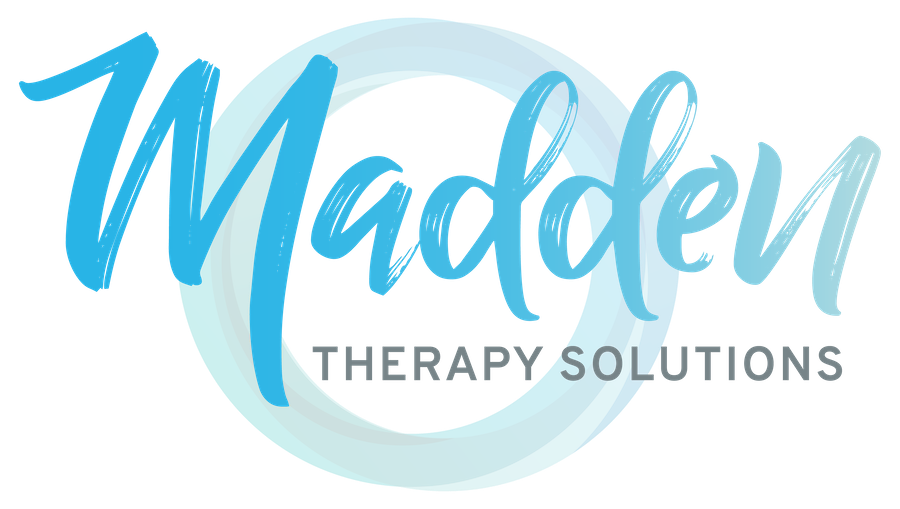Navigating your child’s early development is a journey filled with important observations about how they communicate and interact with the world from their very first days. Here at Madden Therapy Solutions, we understand that babies communicate in many ways long before they start using words. Speech therapy during this early stage is about much more than just speech and articulation; it nurtures essential communication skills, non-verbal cues, play skills, social interactions, and foundational learning processes.
If you notice something that might suggest your child’s communication development isn’t following typical patterns, seeking speech therapy shouldn’t be seen as a last resort. Instead, it’s a proactive, positive step that shows you’re invested in providing the best for your child. Think of it as setting the stage for their future success by enhancing their ability to engage and connect with others. As experts in pediatric therapy, we encourage parents to view speech therapy as an empowering tool that supports their child’s journey to becoming effective communicators.
Understanding Speech Milestones
From the moment your child first coos, each giggle, babble, and word is a significant step in their speech and language development. These milestones are more than just markers; they’re windows into your child’s world of communication:
- 12 months: Expect simple gestures (such as waving) and babbling. Some babies might begin to say words like “mama” and “dada” with meaning. They also start to recognize their own name and may attempt to imitate simple words.
- 18 months: Around this time toddlers typically begin to accumulate a vocabulary of approximately 20 to 50 words and begin combining 2-word phrases or combinations. They also begin to be able to identify simple body parts and follow simple directions.
- 24 months: Your toddler may begin to string two to three words together and recognize names of familiar people and objects. His or her vocabulary may be up to 200 words.
- 3 years: Children usually start forming more complex sentences of three to four words. They may also start matching and naming colors, as well as singing songs.
Signs That It Might Be Time for Speech Therapy
Each child’s development is unique, and some children simply take a bit longer to find their voice. However, there are signs that might suggest your child could benefit from seeing a speech therapist:
- They use fewer words than peers their age.
- They show difficulty with pronunciation.
- They seem puzzled by simple prepositions like ‘in’ or ‘on’ after 3 years old.
- They find following directions challenging.
- They show signs of frustration when trying to communicate.
If any of these sound familiar, it might be worth discussing with a speech therapist. Remember, noticing these signs early can make all the difference.
Why Early Intervention Matters
In speech therapy, timing can be everything. The brain’s flexibility during early childhood makes it an optimal time for intervention. Early intervention can harness this natural adaptability, facilitating more effective and swifter progress. It’s not just about correcting speech; it’s about building a foundation of confidence and skills that will serve them for a lifetime.
Here for You and Your Child
At Madden Therapy Solutions, we are passionate about supporting each child’s unique journey and empowering families with knowledge and compassionate care. If you have any concerns about your child’s speech and language development, or just want to chat about what speech therapy could offer, please reach out. We are here to support you with expertise and warmth, every step of the way.
Every child has their own timeline and special way of unfolding their abilities. Let’s work together to provide the support your child needs to thrive in their own unique way.





